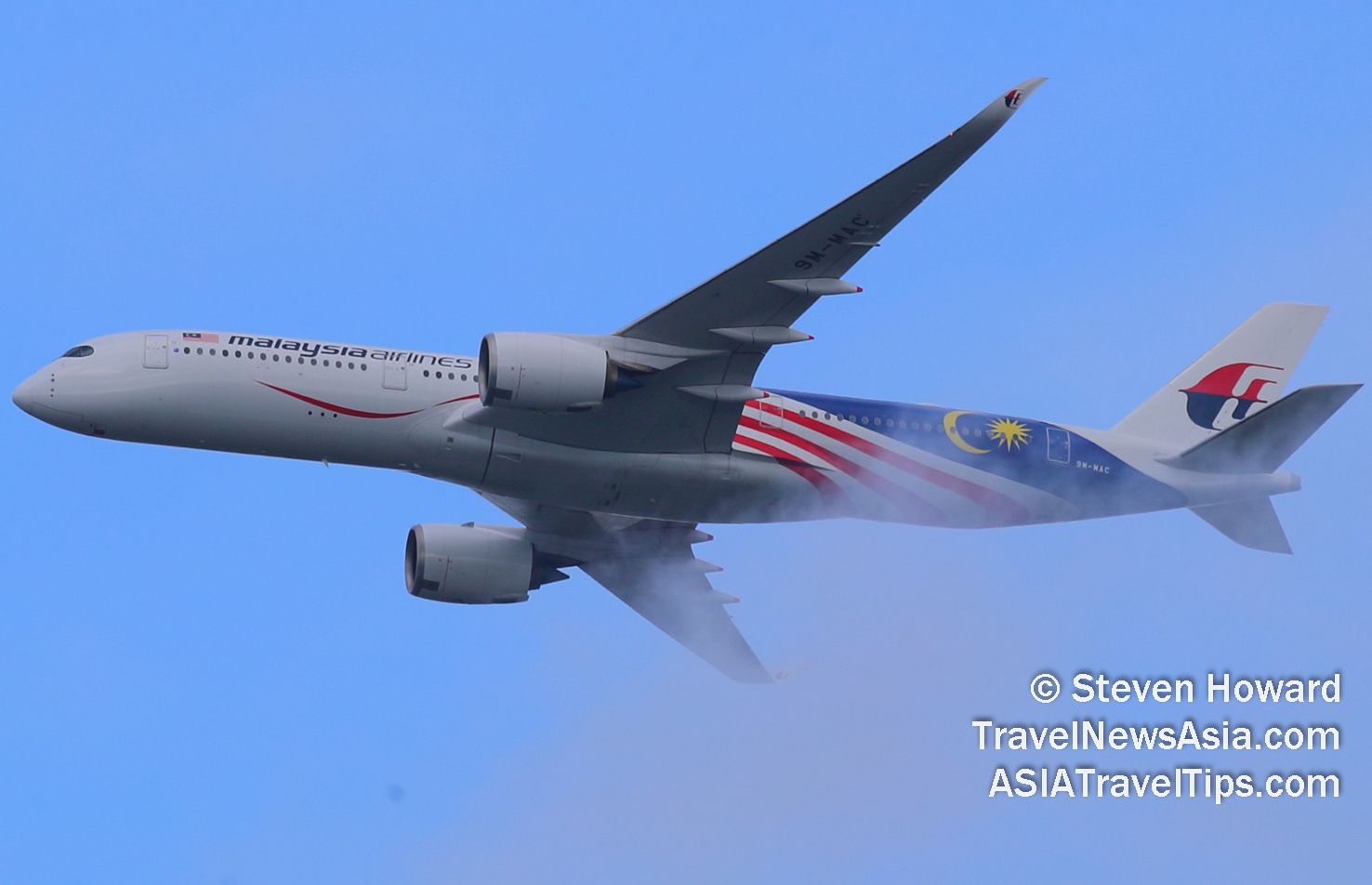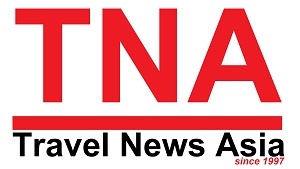|
The Association of Asia Pacific Airlines (AAPA) has
set a goal of net zero emissions by 2050.
Noting that the cooperation of multiple
stakeholders including governments, air navigation services, fuel
suppliers, airports, aircraft and engine manufacturers would be
essential to the successful achievement of the net zero emissions
goal, AAPA stressed that the industry�s pathway to this ambitious
target is an all-industry effort based on a combination of
technology, operational improvements, sustainable aviation fuels
(SAF), and a global market-based measure, namely the ICAO
Carbon Offsetting and Reduction Scheme for International Aviation
(CORSIA).
Sustainable aviation fuels are expected to feature
heavily in the industry�s overall reduction in carbon emissions by
almost completely replacing fossil fuels on commercial flights by
2050.

Support from governments and other stakeholders to commercialise SAF through research
and development, subsidies,
incentives, as well as the allocation of resources for its
development and distribution, will be crucial to ensure adequate
and cost-effective supplies meet the needs of the airline
industry.
Significant quantities of SAF will be needed by the
industry as 80% of emissions are from flights over 1,500 km, for
which aircraft powered by alternative energy sources, such as
electricity and hydrogen, are not available.
�The Asia Pacific region
will constitute some 40% of global SAF demand, but production and
supply facilities in the region are lacking. Allocation of
sufficient resources to convert feedstock, like municipal or
agricultural waste, waste oils from food production and other
biomass for the production of SAF will make a critical
difference,� said Mr. Subhas
Menon, Director General of AAPA.
�CORSIA has an integral part to play in achieving this ambitious
long term commitment. It is the agreed global mechanism for
offsetting growth in international aviation CO2 emissions since
2020. AAPA wholly supports ICAO�s efforts on this front, and will
continue to encourage States to fully participate in the scheme.
In addition, investment in emerging sources of energy such as
direct carbon capture and carbon sequestration when these become
viable, could complement the industry�s efforts towards achieving
net zero emissions.�
Five of AAPA's fourteen members had already
committed to net zero emissions by 2050, namely: All Nippon
Airways,
Cathay Pacific, Japan Airlines,
Malaysia Airlines and
Singapore Airlines. The other members include: Air Astana,
Bangkok Airways, China Airlines, EVA Air, Garuda Indonesia,
Philippine Airlines, Royal Brunei Airlines and Thai Airways.
Asiana Airlines is also a member, though it has to be stated that
Korean Air was a highly valued member of AAPA up until a few
months ago, and with Asiana expected to become a subsidiary of
Korean Air by the end of 2021, it does put Asiana's membership
into question.
AAPA is run as a not-for-profit association and is
fully funded through annual airline membership subscriptions.
Membership is open to scheduled international airlines based
within the time zones between GMT+5 and GMT+12.
See latest
Travel Industry News,
Video
Interviews,
Podcasts
and other
news regarding:
Net Zero,
SDGs,
Emissions,
SAF,
Sustainable Aviation,
AAPA.
|
Headlines: |
|
|
